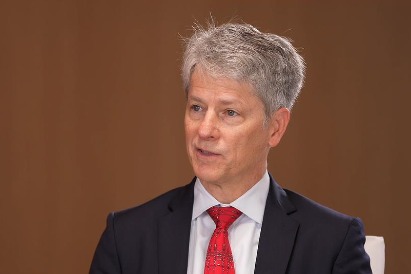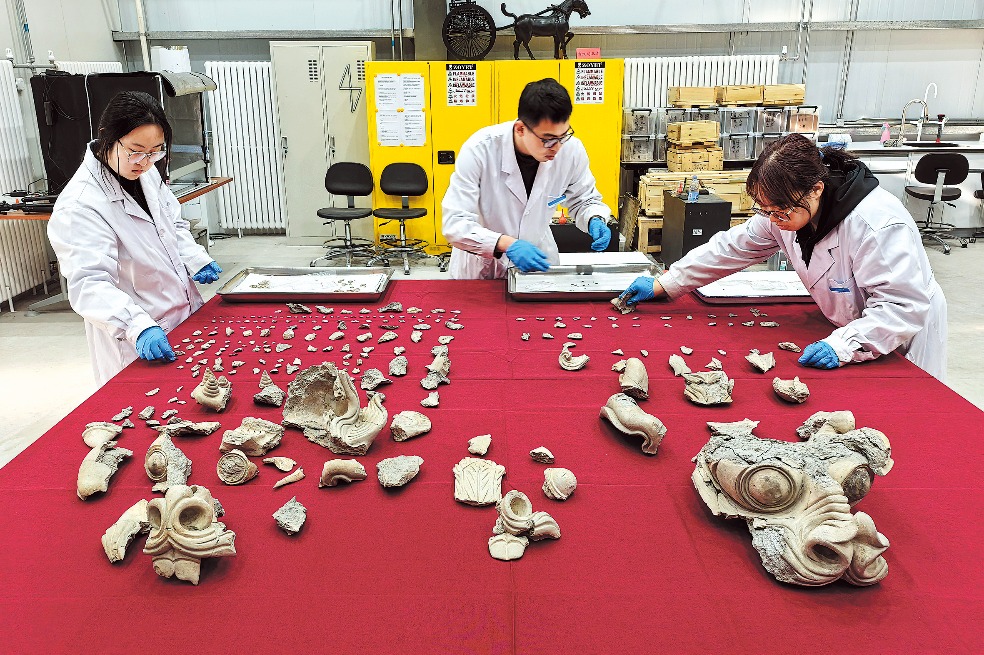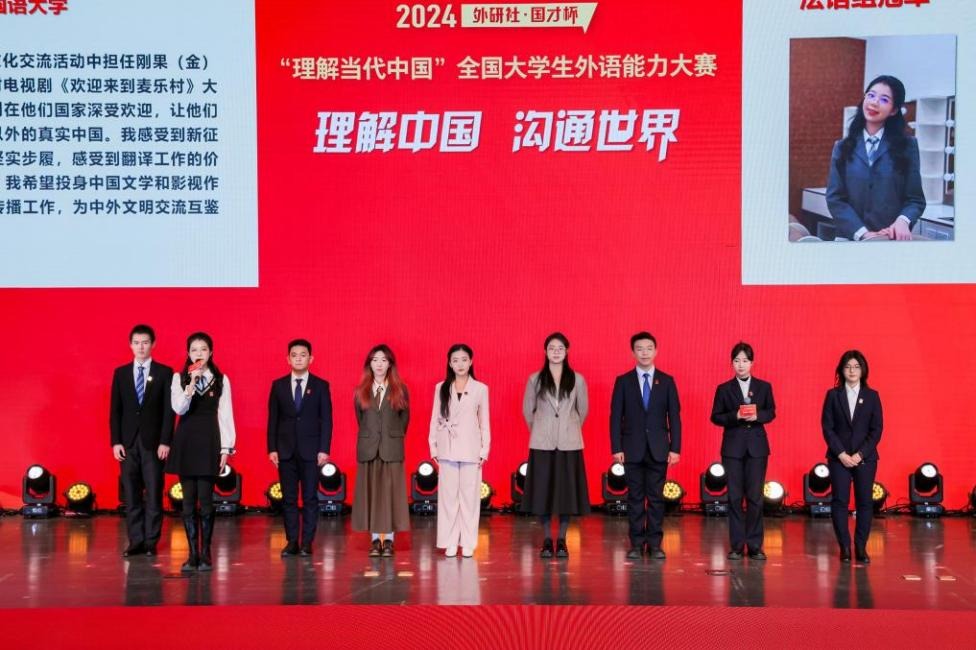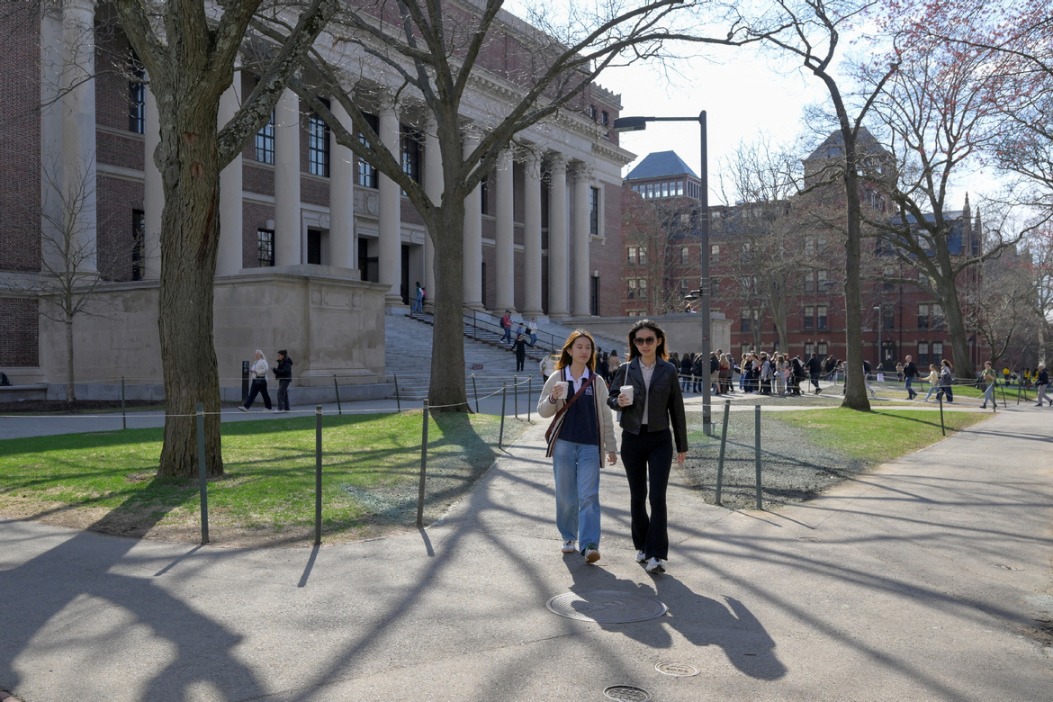'Forced Labor' fallacy is doomed to shame

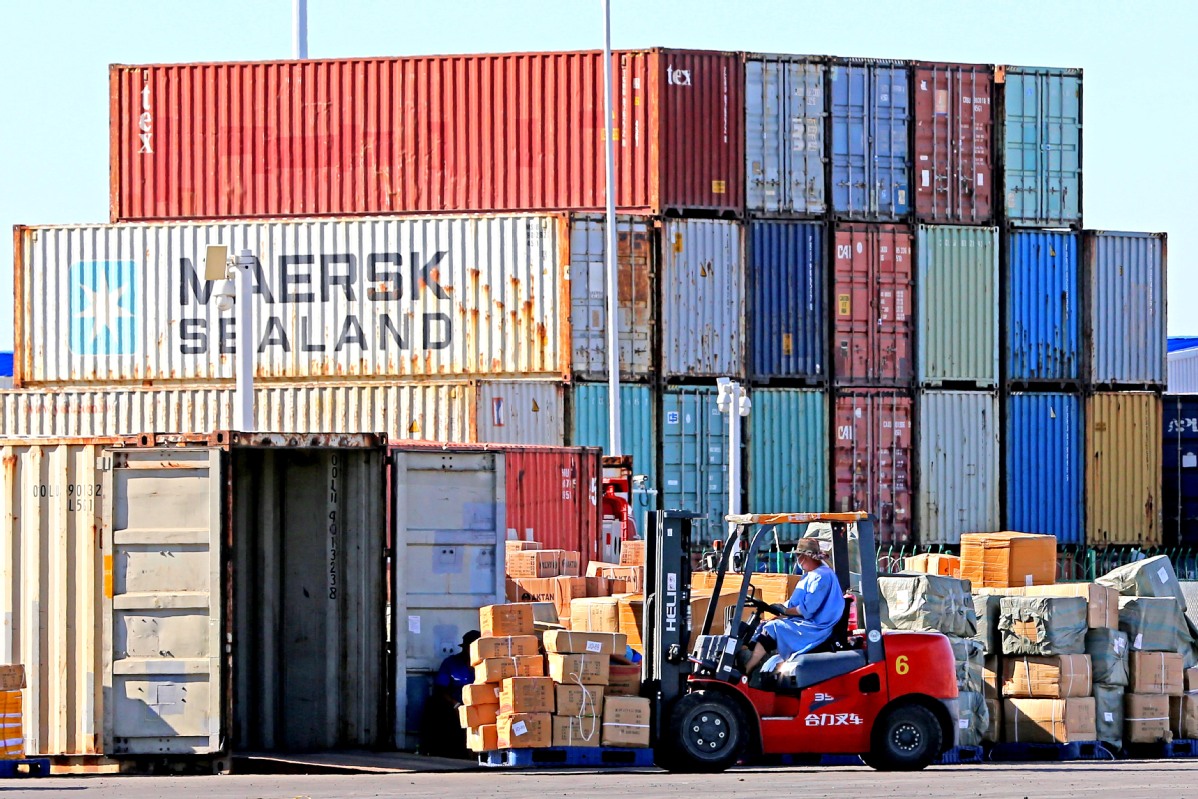
Recently, a United States congressional-executive commission held a hearing on so-called "forced labor in China's seafood industry", pulling an old trick of labeling China with "forced labor". It reminds me of the infamous Uyghur Forced Labor Prevention Act passed by the US Congress, which is the modus operandi of US politicians turning blatant disinformation into formal documents. The goal is to kick products and industries related to Xinjiang out of the global supply chain while tarnishing the image of China.
But, a lie is a lie. The concocted narrative of "forced labor" did not receive recognition from the international community. The fallacy has been exposed since the very beginning by indisputable facts and statistics. The mechanical picking rate of cotton in Xinjiang reached more than 80 percent as early as in 2019, and that in northern Xinjiang approached 100 percent in 2021. So there is little need for manual harvesting, let alone coercing someone into picking cotton.
Over the past several years, many foreign diplomats, media persons and representatives from international organizations visited Xinjiang. None of them saw any truth to the claim of "forced labor". They all shared the view that Uyghurs and people of other ethnic groups in Xinjiang lead a happy life. Maxime Vivas, a French writer and journalist who wrote a book titled Ou?ghours, pour en finir avec les fake news (Uyghurs, to put an end to the fake news) based on his two visits to Xinjiang, proved that the so-called "forced labor" is nothing but a lie. German automobile manufacturer Volkswagen and other foreign companies also said that no sign of "forced labor" was found. CBS has recently published an article based on the field visit to Xinjiang by one of its reporters, saying, "what we didn't see was evidence of the detention centers and prisons that turned Xinjiang into an international scandal, instead, we saw ethnic dancing, local wine production, and a village remodeled and beautified especially for tourists."
Turning a blind eye to the truth, some US politicians are bent on telling lies about China. For them, what matters is catching the public eye and gaining visibility. If China bashing can help them gain popularity and achieve political goals, they will do it without hesitation, despite all facts to the contrary. They couldn't care less about the content integrity. For them, it is totally fine to spread false statements, mislead the general public and distort public opinion, better still, to get some kickbacks for catering to the anti-China groups.
Why has Xinjiang's cotton industry become the target of those politicians? One reason could be shame of inhumane treatment of their own slaves. Every plantation in southern US witnessed forced labor in the 18th and 19th centuries, leading to the death of hundreds of thousands of slaves forced not only to work but to die. Presently, the US is still the epicenter of human trafficking and forced labor. Data shows that more than 14,500 people are trafficked into the US and become victims of forced labor every year, according to an earlier report of US Department of Justice. Today, there are still 400,000 Americans under servitude, a large number of children involved in illegal child labor, and between 240,000 and 325,000 children are at risk of sexual exploitation.
In addition, China hawks in the US take the fallacious narrative of "forced labor" as a way to smear its "systemic rival", undermining China's stability and hindering China's development. They intend to do a lucrative business deal: a high return of containing China by a low-cost operation of lying and cheating. This is the same old US trick: taking human rights as a pretext to interfere in other countries' internal affairs, expanding its influence and cementing its hegemony. The recent hearing shows that the story of "forced labor" has been shifted to other regions and sectors in China.
Deliberate lies do not need any proof. It never matters to those US politicians what the real situation in Xinjiang and other parts of China is. It matters even less whether their absurdity has affected the livelihood of the Chinese people. By cutting Xinjiang and other parts of China off from the global supply chains, they are depriving the legitimate rights of the local people to a better life. The fabricated story of "forced labor" risks resulting in "forced unemployment".
It is irritating enough to hear someone keep harping on the same old string. If the US politicians do care about "forced labor", maybe they should take a serious look at their own history.
The author is a commentator on international affairs, writing regularly for Xinhua News, Global Times, China Daily, CGTN etc.
The views don't necessarily reflect those of China Daily.
If you have a specific expertise, or would like to share your thought about our stories, then send us your writings at opinion@chinadaily.com.cn, and comment@chinadaily.com.cn.

















